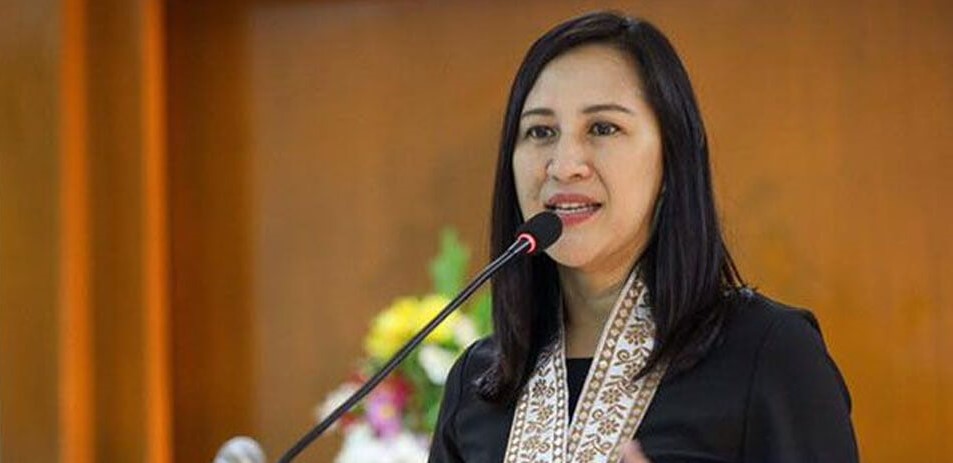The Quezon City Epidemiology and Disease Surveillance Unit reported on Friday 1,160 cases of dengue, including one death in Barangay Krus na Ligas, from 1 January to 24 June.
As this developed, Mayor Joy Belmonte called on residents to undertake preventive measures not only against the dengue virus being spread by mosquitoes but also against leptospirosis.
Belmonte urged her constituents to get tested for dengue if they showed symptoms. Likewise, she told them to practice measures to deny mosquitoes their breeding grounds like stagnant water.
The city tallied a total of 32 leptospirosis cases for the same period, with four deaths recorded in barangays Payatas, Old Balara, Pasong Tamo and Talipapa.
The QCHD said leptospirosis symptoms to watch out for are high fever, red eyes, abdominal pain, headache, chills, nausea, vomiting, diarrhea and yellowed skin or eyes.
Leptospirosis is a bacterial disease that can affect humans and animals.
It is caused by bacteria of the genus Leptospira. These bacteria can be found in the urine of infected animals, and they can survive in water and soil for weeks or months.
People can get leptospirosis through contact with contaminated water or soil or through contact with the urine of an infected animal. This can happen through swimming, wading, or working in water that is contaminated with the urine of an infected animal.
Dengue, on the other hand, is a mosquito-borne illness that is caused by the dengue virus. It is a major public health problem in tropical and subtropical regions around the world.
The symptoms of dengue can vary from person to person, but they typically include high fever (40°C/104°F), headache, pain behind the eyes, muscle and joint pain, nausea, vomiting, rashes and swollen glands.
“In order to make our community safe from dengue and leptospirosis, let us start with protecting our families by cleaning our surroundings and making sure that preventive measures are in place,” Mayor Belmonte said.
